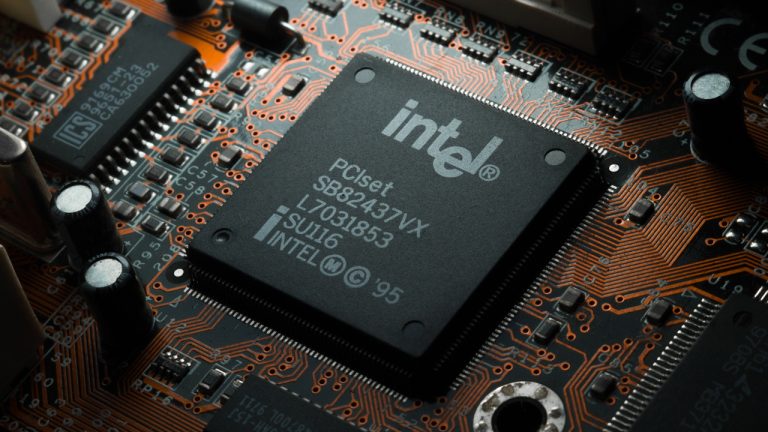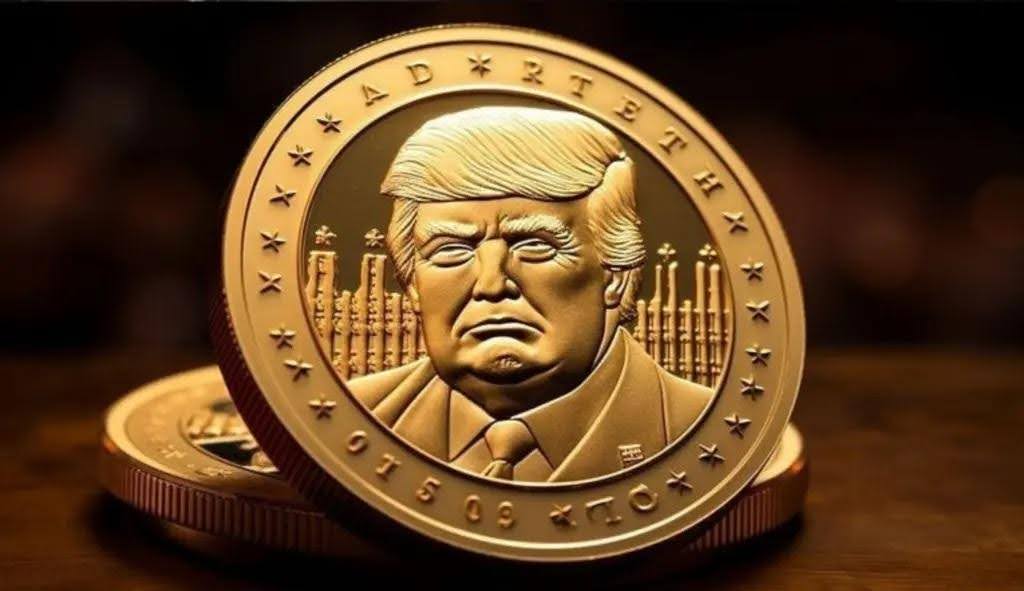
After announcing the production of bitcoin application-specific integrated circuits (ASICs), Intel, the world’s largest semiconductor chip manufacturer by revenue, appears to be abandoning its blockchain chip production. On Tuesday, a spokesperson for the chip manufacturer explained that Intel has “end-of-lifed the Intel Blockscale 1000 Series ASIC.”
Intel Spokesperson Discloses Company Has End-of-Lifed the Blockscale 1000 Series ASIC
In February 2022, the California-based technology company Intel made headlines when it announced its plan to create “energy-efficient accelerators,” or ASIC technology, to contribute to the development of blockchain technologies. Later that month, at the 2022 International Solid-State Circuits Conference (ISSCC), the company unveiled the Bonanza Mine BMZ1. At that time, Tom’s Hardware author Paul Alcorn stated that Intel was also developing a second iteration of the Bonanza Mine ASIC, known as the BMZ2.
Moreover, in March 2022, it was reported that mining firms such as Hive, Argo, Block, and Grrid were buying bitcoin mining chips from Intel. On Tuesday, Tom’s Hardware reporter Alcorn spoke to Intel about the project, and it appears that Intel is discontinuing its bitcoin accelerator production, also known as “Blockscale chips.” Alcorn further notes that “no future generations have been announced.” An Intel spokesperson stated:
As we prioritize our investments in IDM 2.0, we have end-of-lifed the Intel Blockscale 1000 Series ASIC while we continue to support our Blockscale customers.
In addition, Alcorn’s report notes that “Blockscale ASIC landing pages are now all inactive,” and product pages have been “scrubbed.” Intel also informed the reporter that customers have until October 2023 to order chips, but “shipments will end in April 2024.” So far, the dominant force in the ASIC manufacturing industry has been Bitmain, with few competitors. Aside from Bitmain, firms such as Microbt, Canaan, and Innosilicon also operate in this space. According to reports, Bitmain uses 5nm TSMC-made chips, while Microbt utilizes Samsung’s 5nm ASIC technology. Additionally, Samsung is reportedly in the process of creating 3nm ASIC chips.
What do you think this move means for the future of ASIC manufacturing? Do you see any ASIC manufacturing competitors coming to the industry? Share your thoughts about this subject in the comments section below.

You can get bonuses upto $100 FREE BONUS when you:
💰 Install these recommended apps:
💲 SocialGood - 100% Crypto Back on Everyday Shopping
💲 xPortal - The DeFi For The Next Billion
💲 CryptoTab Browser - Lightweight, fast, and ready to mine!
💰 Register on these recommended exchanges:
🟡 Binance🟡 Bitfinex🟡 Bitmart🟡 Bittrex🟡 Bitget
🟡 CoinEx🟡 Crypto.com🟡 Gate.io🟡 Huobi🟡 Kucoin.




















Comments